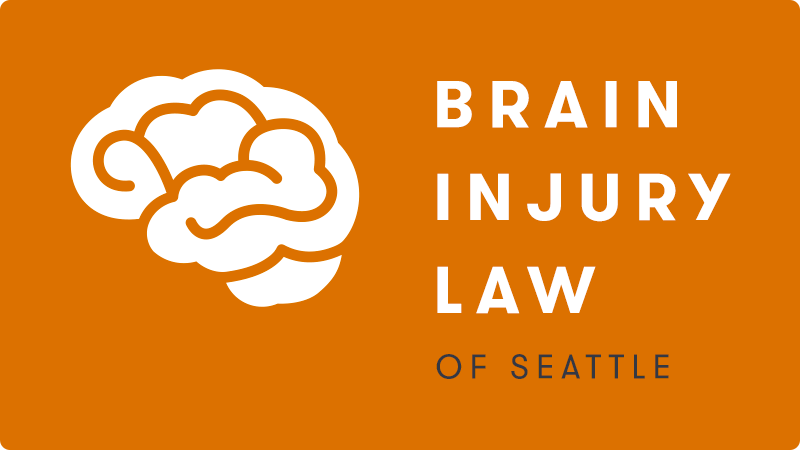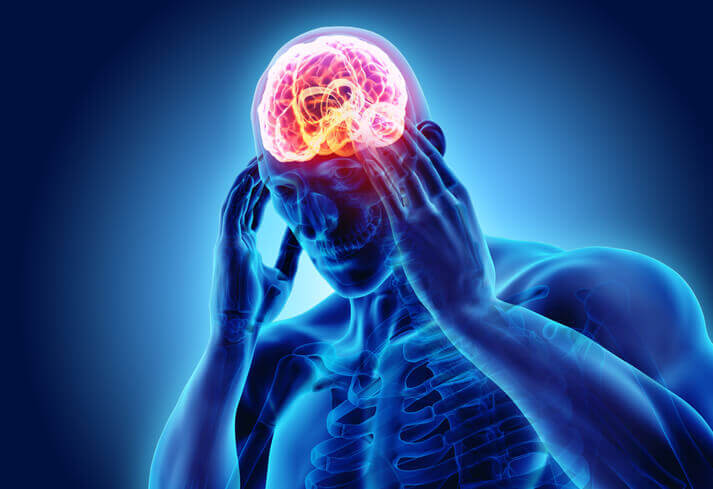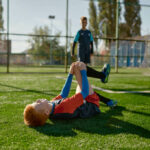Concussions affect athletes of all ages and levels of the sport. While many concussions are minor, all concussions are traumatic brain injuries (TBIs) and must be taken seriously.
Concussions in youth football and other sports pose a distinct risk to the short- and long-term health of young athletes. Athletes, parents, coaches, and sports officials must understand how to prevent concussions in youth sports to address this risk effectively.
Page Contents
What Is Concussion in Youth Sports?
A concussion is an injury to the brain’s soft tissue caused by a blow to the skull or a sharp impact that forces the brain to move and strike against the inside of the skull. This leads to bruising, swelling, broken blood vessels, and nerve injury to the brain that may accompany damage to the skull or skin.
In youth sports, concussions often look like a collision between players, a fall, or a blow to the head by a flying ball or other equipment, and symptoms may progress long after the point of injury.
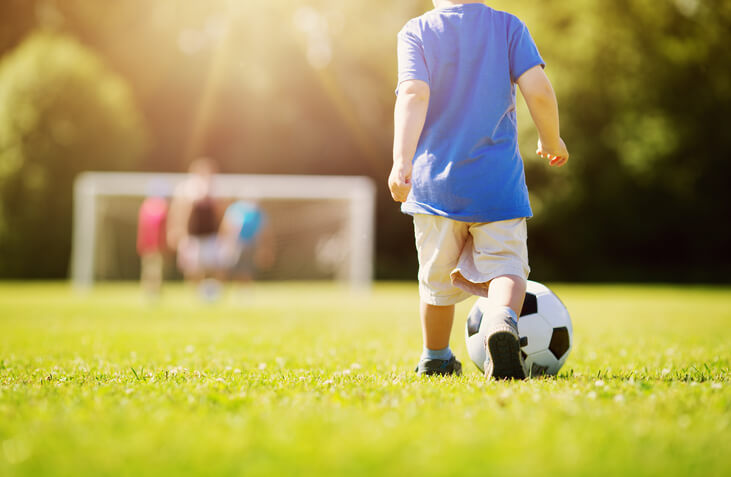
Signs and Symptoms of Concussions in Youth Sports
Physical symptoms of brain injuries in youth sports include:
- Headache
- Tenderness or swelling
- Nausea or vomiting
- Dizziness
- Impaired vision
- Tinnitus
- Fatigue or drowsiness, sometimes coupled with an inability to sleep
Cognitive symptoms include:
- “Fogginess” or trouble focusing
- Memory loss
- Confusion
- Feelings of irritability, nervousness, or sadness
If you suspect a concussion, it is crucial to stop playing and seek immediate medical attention.
Risks Involved with Concussions
Sports related concussion statistics in young athletes show that concussions carry a high risk of recurrence, and repeated head injuries may develop compounding effects. In addition, sports-related concussions may force youth athletes to “retire” from the sport entirely due to medical restrictions and concerns.
After a concussion, symptoms usually resolve in seven to ten days; however, recovery can take significantly longer. Relapse of symptoms following increased activity may occur. Youth athletes should follow all of their doctor’s instructions and be medically cleared before returning to sport.
The long-term effects of concussions in sports worry many. Concussions can damage cognitive function, altering the youth athlete’s ability to focus or impacting mental growth and development. Research demonstrates that youths who suffer concussions may take longer to heal than adults or suffer a greater degree of injury from lesser impacts.
However, developing brains are still experiencing stages of rapid growth. Young brains retain a high level of plasticity and resilience, and most youth concussions heal completely without any adverse long-term effects. Comprehensive medical care and future prevention provide youth athletes who have experienced concussions with the best overall outcomes.
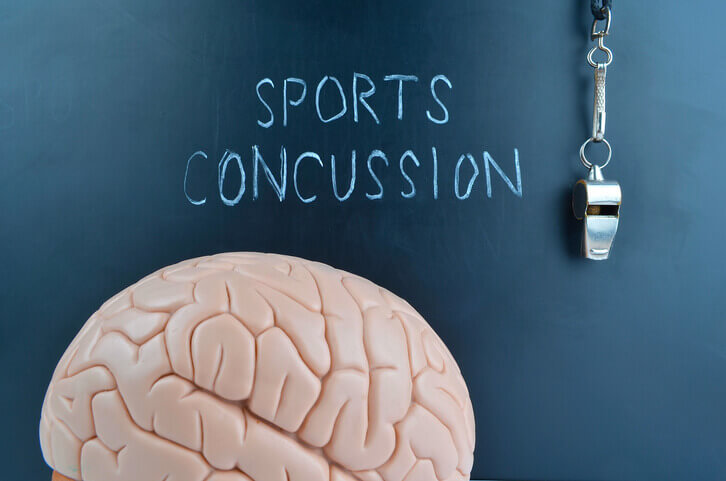
Tips to Prevent Concussions
While concussions often happen without warning, there are steps young athletes and their parents can take to protect themselves:
- Wear appropriate safety equipment and check it regularly for damage
- Teach youth athletes the dangers of concussions and strategies to avoid injuries
- Create a culture of caution during practices and games
- Advocate for rules that increase safety in sport
Frequently Asked Questions (FAQs) – Concussions in Youth Sports
Are Concussions Common in Youth Sports?
Yes, however, increased awareness and improvements in safety equipment, rules of play, and the safe practices of the youth athletes themselves work to reduce the risk and occurrence actively.
What Youth Sport Has the Highest Concussion Rate?
While all sports carry some risk of concussion, statistics show the highest number of concussions in young athletes for football.
What Are the Top 3 Sports with Concussions?
Football reports the highest incidence of concussion, followed by hockey and lacrosse.
In young female athletes, soccer reports the highest rate of concussions.
Conclusion
Concussions in youth and teenage athletes persists as a continual concern. Fortunately, we can learn how to prevent concussions in sports with increased awareness, robust safety procedures, and player caution.
Call our team at Brain Injury Law of Seattle if you or a loved one suffered a traumatic brain injury and need brain injury lawyers for legal guidance. Contact us today!
Related Articles
Anoxic Brain Damage Symptoms
How Long Does Road Rash Take To Heal
Head Injury Symptoms
